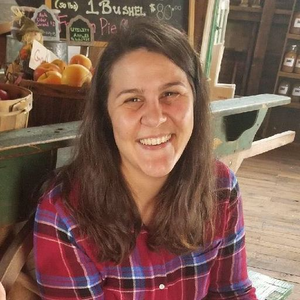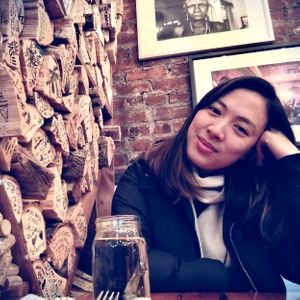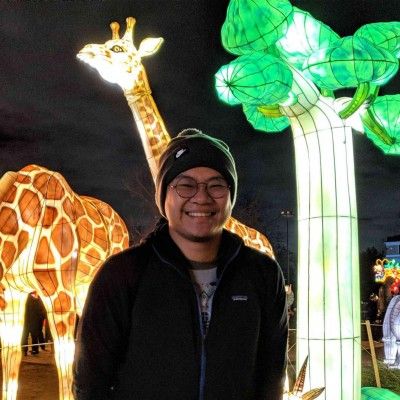
Exactly six months ago, in September 2019, Gusto became a three-homebase company by opening a New York office in Lower Manhattan. This is our first office to focus primarily on Engineering, Product, and Design, or “EPD” as we call it around here. There's a sense that we're reaching a new level of maturity as a technical organization.
Our goal with opening an office in NYC is to further support our growing, diversifying customer base by unblocking technical hiring. But when thinking about scaling, it's important we balance the tensions of moving fast with taking time to set a foundation. Our strategy must be equal parts ambitious and intentional.
As two engineers who moved to New York as part of the landing team – nice to meet you! – we’d like to take a moment to share about the principles behind the office launch and what’s ahead.
It’s a marathon, not a sprint
Let’s be clear. What we’re doing in New York is ultimately about high growth. The paradox is that moving fast, in a sustainable way, depends on having a solid foundation.
In an industry dominated by “move fast and break things,” some see slowing down as risky. Long-held tech wisdom says that raw speed gives startups the winning advantage.
But scaling is a marathon, not a sprint. It doesn’t matter how quickly we hire if new hires aren’t aligned with our mission. It doesn’t matter how quickly we ship if features don’t get used. That kind of myopic thinking only fails our customers. At Gusto, doing what’s right means putting our customers first.
That’s why these early months in NYC are so crucial. We must, above all else, lay a foundation that we are proud of, and that sets us up for sustainable success.

Designing teams for autonomy
When Gusto opened our second homebase in Denver in 2015, the office was focused on customer-facing teams and did not initially include EPD. Once we decided to start a Denver engineering team, the lack of an EPD presence made supporting new hires difficult because the technical expertise still sat in SF.
In New York, we’re learning from these lessons of the past. From the start, leadership wanted the new office to include at least one completely autonomous EPD pod. That means a product manager and a designer, in addition to a full force of 3-5 engineers and an engineering manager. In doing so, we’re optimizing for stability over speed. Autonomous teams can ideate, execute, set direction, and deliver product strategy in connection to company goals.
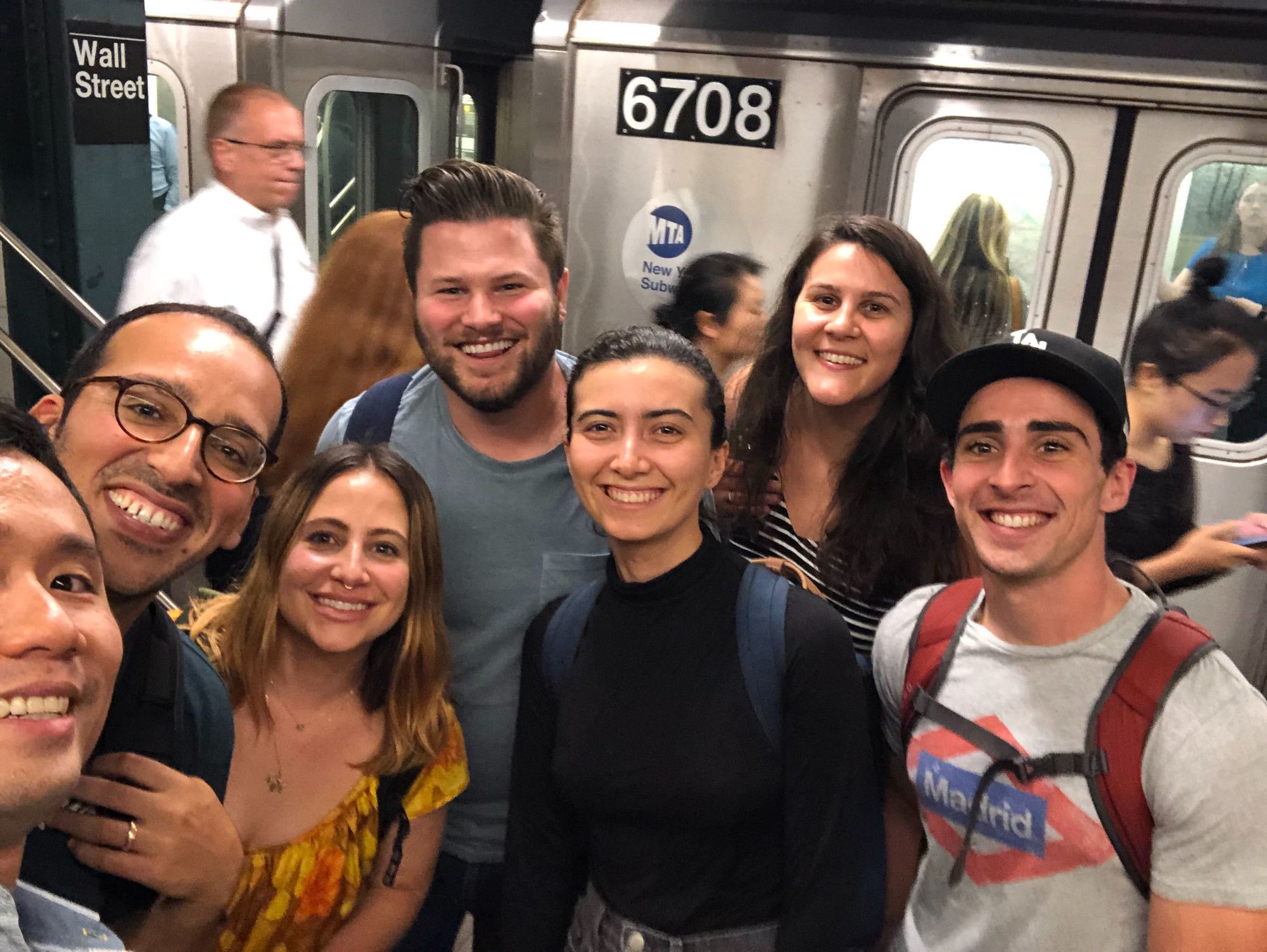
Ultimately, the Employee Lifecycle team, or EEL, was chosen to be the first EPD pod in NYC. That decision was based on EEL’s desire to grow headcount and their ability to operate independently from the other offices. Comparatively, Benefits Engineering was not a good contender because of their need to be co-located with their Operations teams, who work closely with engineering and our customers. This has proven to be a good decision. Our NYC EEL pod launched their first feature last month – a brand new flow for employers to dismiss employees – with almost everyone involved based in NYC.
A Gusto homebase would not be complete without other key roles, such as senior technical leaders and members of our People Operations and Recruiting teams. In addition, we have begun to seed other critical engineering pods, including Developer Experience, Infrastructure, and Payroll.
Selecting individuals to fit the org design
With an initial org design in place, the next piece of the puzzle involved choosing individuals. This order of operations was deliberate. It puts organizational business needs first and fits individuals into prescribed roles.
To launch New York, leadership decided to send Gusties, or folks who work at Gusto, from both the SF and Denver offices, ensuring a breadth of experiences and contributions. Twelve of us made the move: eleven from SF and one from Denver.
Since EEL’s priority was to form a complete team, specific individuals were selected for their domain knowledge, while some were asked to join the team to bring new perspectives. Other members of the landing team were selected more for their unique experiences. It’s crucial to have engineers with tenure who can serve as resources to fellow NYC engineers and form a complete interview circuit. We found that in Bo and Matan, two Payroll engineers, who have both worked at Gusto for 5+ years.
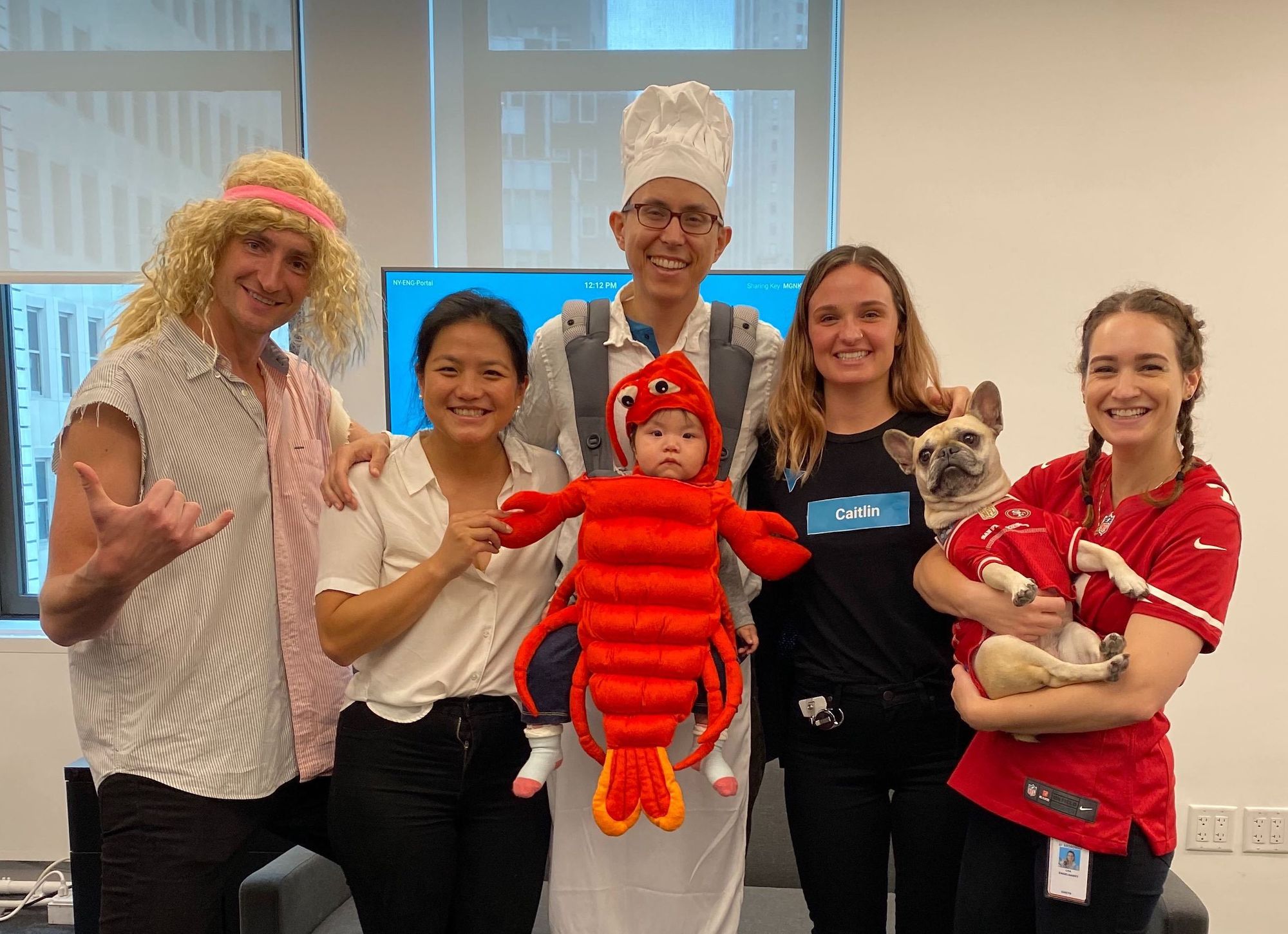
The People team supports everything non-code-related. That includes Recruiting, since hiring is a big part of why we opened this office, and People Operations, to support the rest of us in our daily work and help us scale.
To round out the landing team, we hired a handful of new Gusties – most of whom already lived in New York – to start with us on day one. They bring experience from recent jobs and help us New York-ify our Gusto culture.
Taking time to norm and form
Starting a new office is rife with change. Pretty much all of us on the landing team can agree: our lives today are quite unlike what we could have imagined six months ago.
Some of us moved across the country (one even did the 3,000-mile drive by himself), a few switched teams, and others are new to Gusto altogether. It’s that much more important that we allow these first few months to serve as a critical period for norming and forming.
Newness saturates our days, so every little thing adds up. For new Gusties, that’s even more exaggerated. Gusto is an incredibly complex product (taxes and filings and money, oh my!). As a new product manager or designer, getting up to speed on the nuanced problems facing our customers requires non-trivial effort. Engineers need to build up context on our codebase, learn the design principles that govern our work, and adapt to the plethora of technologies we use day-to-day like Rails or Docker.
It also takes time for teams to adjust. On the EEL pod, for example, most folks were new to Gusto, new to NYC, or both. The team has had to be intentional to draft working norms from scratch, taking into account everyone’s previous backgrounds and ideas. Their first project might have taken longer than expected, but that time is an investment in the team itself, not just the project. Newly distributed teams, like Developer Experience, have had to learn how to work with teammates in other timezones and communicate through video as a default.
And of course, as a brand new office, we’ve needed time to come together. We’ve had to work hard to minimize unnecessary distractions since we’re still only 20 people. As an example, up until recently, candidates applying for New York were flown to SF or Denver for their onsite interviews. Once hired, they returned to those other offices to attend their first week of onboarding.
Eventually, New York will have these capacities and more. For now, our office carries only the essentials, to minimize scope and allow us to fulfill our charter as a technically-focused office.
Serendipity in a small office
In Gusto’s San Francisco and Denver offices, there are more engineers, more technical teams, and a lot more people. As a result, Gusties tend to sit near other Gusties who work on similar tasks. Most of the time, that’s great for productivity. If you need quiet, the people around you probably do, too. If you have a question, there’s likely someone nearby who can answer or help figure it out.
Here in New York, we can see everyone in the office by standing up. Since engineering sits in a cluster, DEx engineers are a more available resource to the other engineers. When a product engineer finds something broken, there’s no Slack channel needed; it’s as simple as taking off your headphones and asking a question. While it doesn’t seem like physical distance should make a difference, we’ve already seen that shorter feedback loops and facetime can ease the overhead of problem-solving.
In one of our bi-weekly NYC retros, a couple of engineers expressed a desire for more cross-team pairing. Since we’re in a smaller office, it’s easy to make this happen. When the EEL pod recently needed to make changes to payroll code, pairing with Payroll Engineering helped to decrease the risk of introducing a breaking change.
Pausing to breathe
What better way to set ourselves up for success than to ~ literally ~ slow ~ down? Every Wednesday before lunch, a group of us meets in our largest conference room, adorably named The Bodega, to meditate together. We’ll play a guided meditation or listen to raindrop sounds on our phones. It’s only about 10 minutes, but it’s not the duration that matters – it’s simply taking a pause in the middle of the week. We remind ourselves that to get things done, sometimes we need to take a break.
What now?
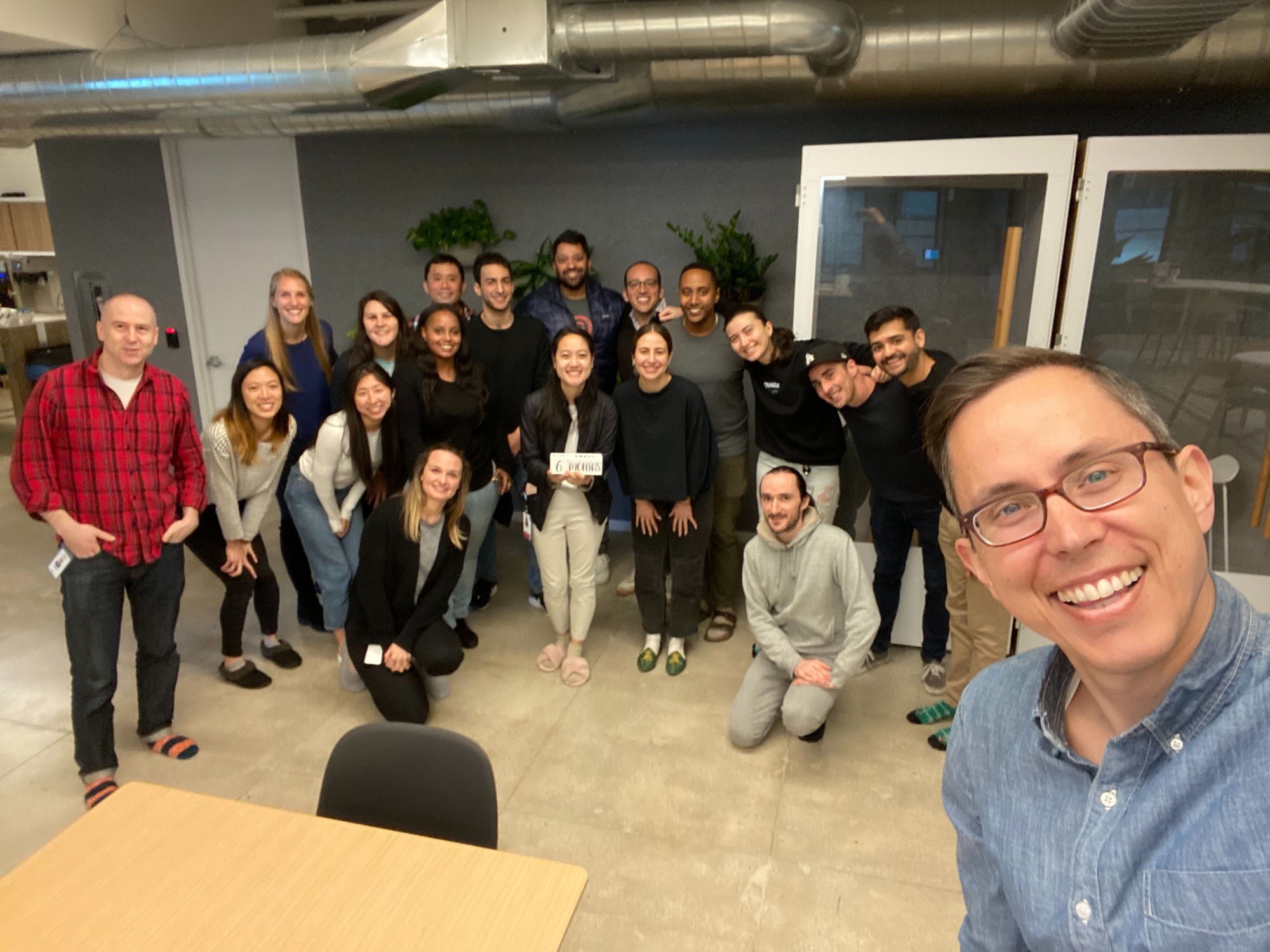
Change is the only constant at Gusto – and that’s especially true here in New York. Our tiny but mighty office will continue to expand as we actively hire for Payroll, Infrastructure, and Security. By the end of this year, we’ll have moved into a long-term office space that will, eventually, be homebase for several hundred Gusties. We did mention it’s a marathon, right?
We’ve built up a lot of momentum in the last six months, but this is just the beginning. If you want to be part of the excitement, drop us a note on our Careers page.
